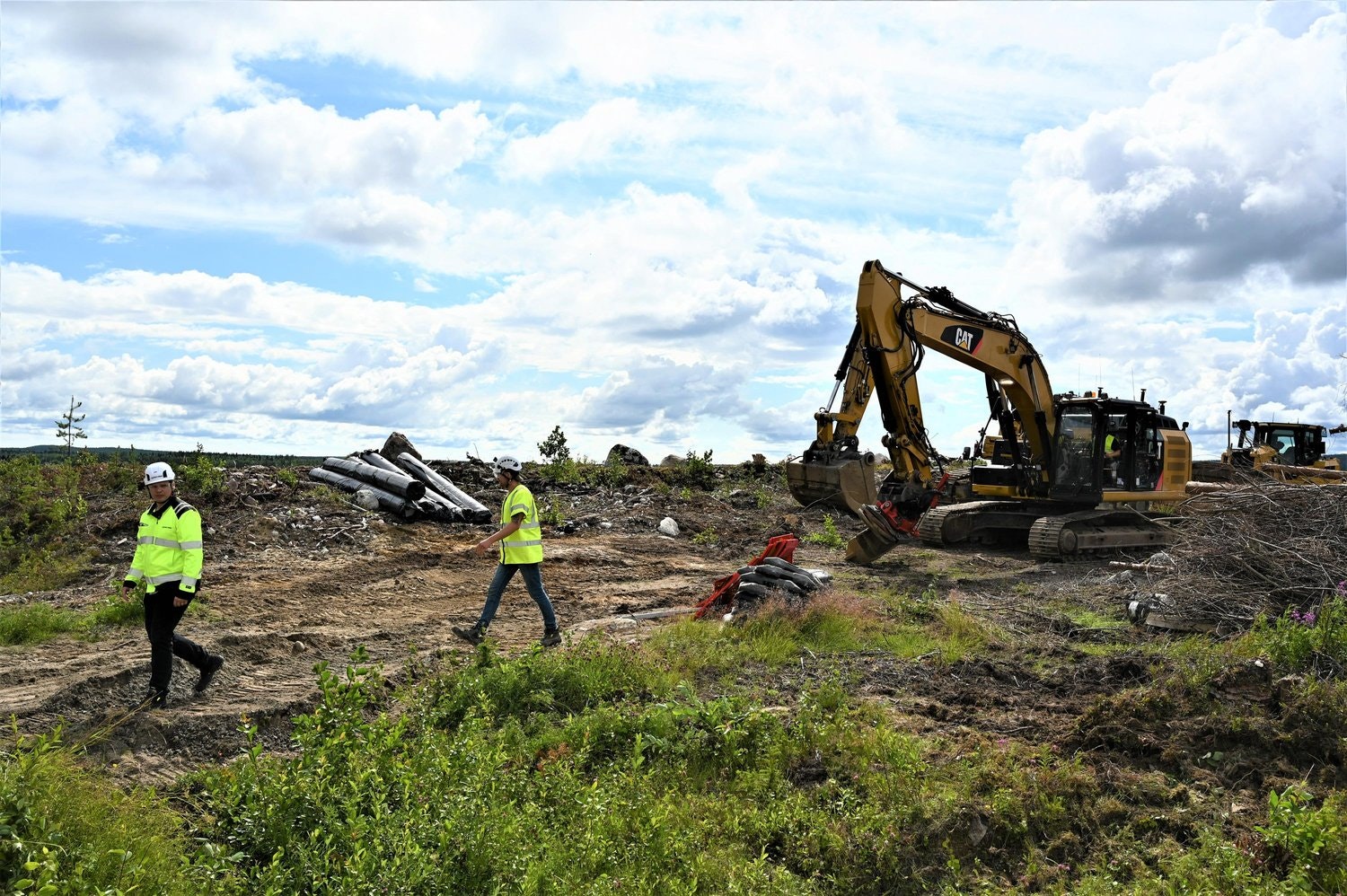This is the first in a series of articles about funding and building first-of-a-kind climate tech.
At the start of this year, Swedish startup H2 Green Steel convinced investors to lend it €4.2bn. It did so without ever having delivered any of its promised product, low-carbon steel, to a customer.
How? H2 helped reassure its prospective backers by securing multiple billion-dollar “offtake agreements” — contracts agreed before the product is produced — from companies like IKEA, Mercedes-Benz and Scania, all eager to future-proof their pipeline of greener steel.
Offtake agreements may not sound all that jazzy, but they’re central to getting capital-intensive climate tech off the ground. Offtakes are a sign that your startup is providing something that industry needs, which is, ultimately, what convinces investors to open their wallets.
Unlocking FOAKs
Climate tech startups building infrastructure or hardware need to tap deep-pocketed backers to build their first large-scale plants, particularly when their technology is “first of a kind” (FOAK), requiring novel manufacturing techniques or producing a new product.
Venture capital often backs these companies in their very early stages, before asset managers, infrastructure funds and banks come into play.
But now VCs are beginning to encourage startups to line up future offtake agreements.
Earlier this year, German climate VC Extantia hired Sarah Söding, previously at McKinsey, as its head of offtakes. “The offtake challenge is really crucial to the capital deployment gap at FOAK (first-of-a-kind) stage,” she says. “Commercial traction is what unlocks funding.”
Talk to customers from day one
To secure these deals, Söding says startups should start talking to their potential offtakers “from day one”.
“Identify the first movers within the industries, read through the sustainability reports, understand their decarbonisation targets and understand whether you fit into that mission,” she says.

Doing so at prototype or pilot stage allows startups to learn what their offtakers need, meaning a higher likelihood of building an offtakeable product.
Next, think about who to approach.
People in procurement roles are unlikely to be helpful, Söding says, as they’re looking for cheap, proven and currently-available technology. Someone in a sustainability, R&D or strategy role is likely to be more useful, she says.
Sebastian Peck, investor at early-stage firm Kompas, agrees that securing offtakes means targeted networking. “A lot of it is down to finding that one sponsor in a large company who is able to make that leap of faith and then be an advocate internally for a specific startup,” he says.
Kompas recently backed green chemical supplier Again, which secured an offtake agreement from German chemical distributor Helm. The deal came from Again approaching an individual within Helm, Peck says.
The offtake dictionary: MOUs and LOIs
Offtakes aren’t a one-size-fits-all path to whipping up investor interest in your company.
Charles Lesser, CEO of Apricum, an advisory firm that helps climate techs raise funds, says prospective investors who might be wooed by the commercial promise of an offtake agreement will want to assess the credit-worthiness of the buyer who signed the agreement.
Offtakes also come with different levels of commitment. There are conditional agreements — such as Memorandums of Understanding (MOU) and Letters of Intent (LOI) — whereby a binding agreement is only triggered once certain performance milestones have been met.
Early on, conditional agreements can help give startups a “sandbox environment” to test their technology within an industrial setting. After, it’s time to move to binding offtake agreements, which are what deep-pocketed funders, be it infrastructure funds or banks, will want to see.
Upping corporate risk appetite
For the buyers, generally large and established industry incumbents, there’s an inherent risk to signing an offtake agreement.
“Offtake agreements are perceived as risky for the offtaker because they have to enter into a commitment with a climate technology at a pre-product stage,” says Söding.
Buyers risk drawing up contracts with companies that don’t turn out to be the most efficient solution. They also risk making an agreement with a company that can’t deliver to the quantity and scale the buyer needs — as was seen in the case of Swedish gigafactory Northvolt, which lost a contract to supply batteries to BMW earlier this year.
To mitigate risk, industry players are coming up with new deal structures.
“Offtake agreements at present are structured as one-to-one relationships, so one offtaker commits to one solution provider,” Söding explains. She champions a new format, “risk sharing”, where a pool of offtakers commit to a pool of climate technologies. Pooling resources allows players to hedge the risk of one startup defaulting.
A good example of this is the Frontier Fund, Söding says. Companies including Stripe, Alphabet, Meta and McKinsey have dedicated a $925m pot for advance offtake agreements with early-stage carbon removal companies — the fund will back a range of different technologies, thereby hedging the risk.

Don’t over promise
Startups also need to do their own risk management, says Sam Baker, investor at climate-focused VC firm Planet A Ventures.
It’s tempting to draw up ambitious offtake agreements, he says, because that makes the dossier you’re taking to a funder all the more appealing. But overpromising and failing to deliver can have huge ramifications.
“It’s very unlikely that you’re actually going to be able to deliver 100% capacity from a plant from day one,” Baker says.
The effect of failing to deliver on one offtake agreement shouldn’t be underestimated, he adds. If you can, try to factor in some time to build up inventory before you start sending products out to customers, he advises.
“Incumbents have the mandate”
Söding hopes that industrial companies realise the impact they can have when they sign offtakes with startups.
“Offtakers need to realise that they’re the solution,” she says. The more widely a technology is deployed, the cheaper it becomes, because companies can iterate, she says. Incumbents can allow that learning curve to happen, driving down price.
“Industrial incumbents have the mandate to help bridge the gap from uncompetitive climate techs to on a par with fossil fuels.”
Read the orginal article: https://sifted.eu/articles/how-to-secure-an-offtake-agreement/


